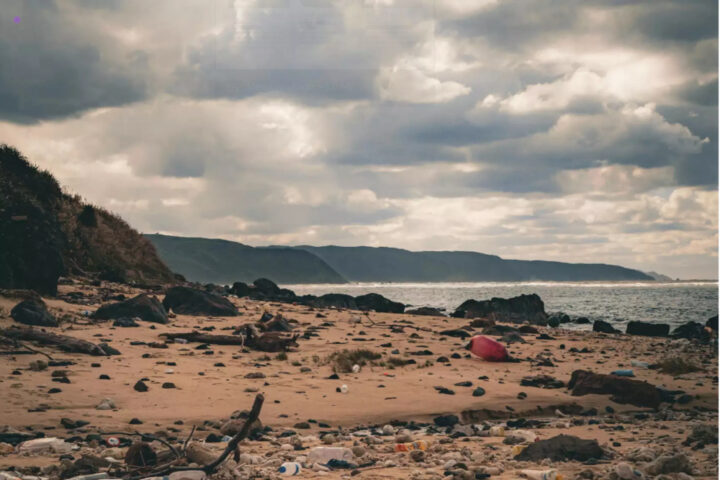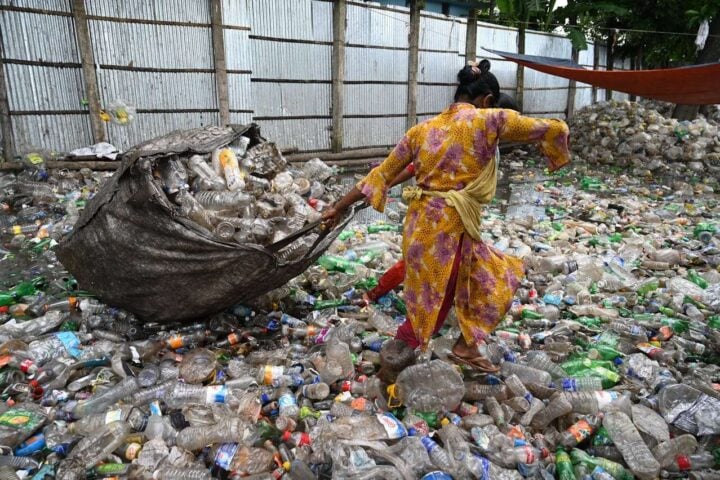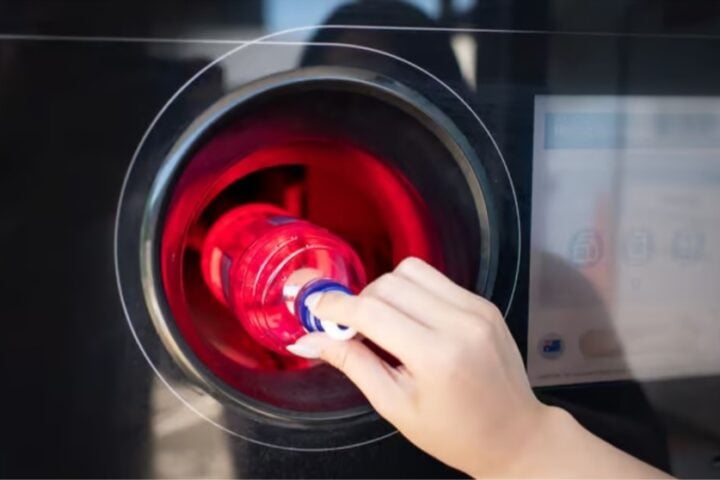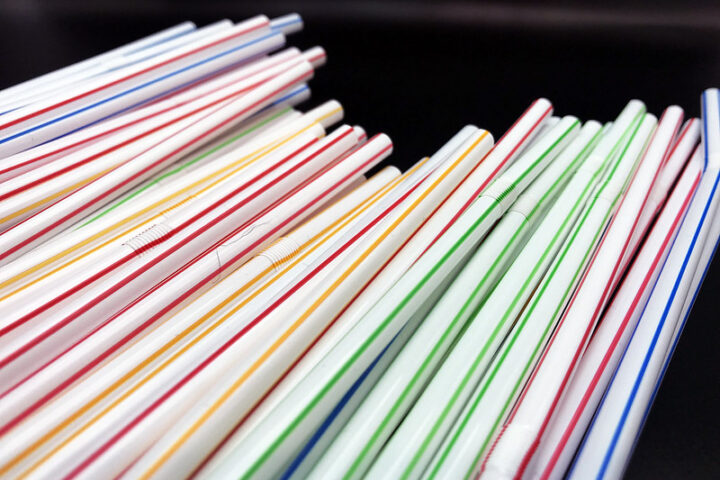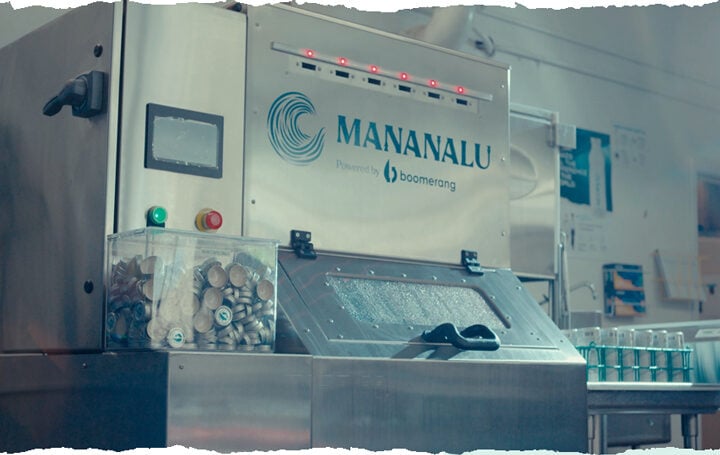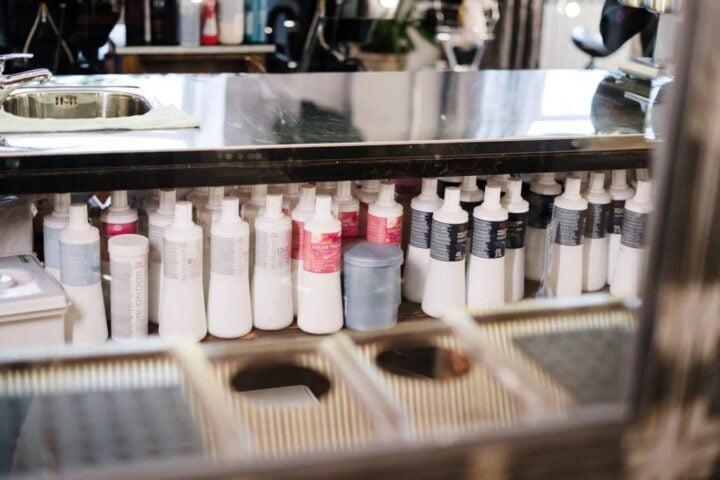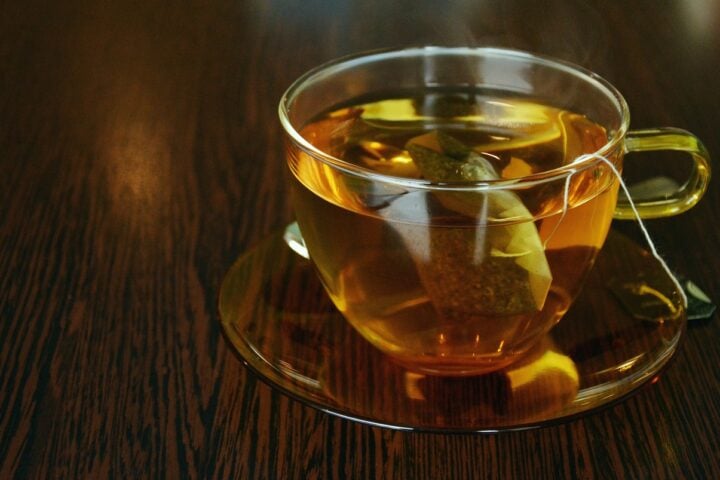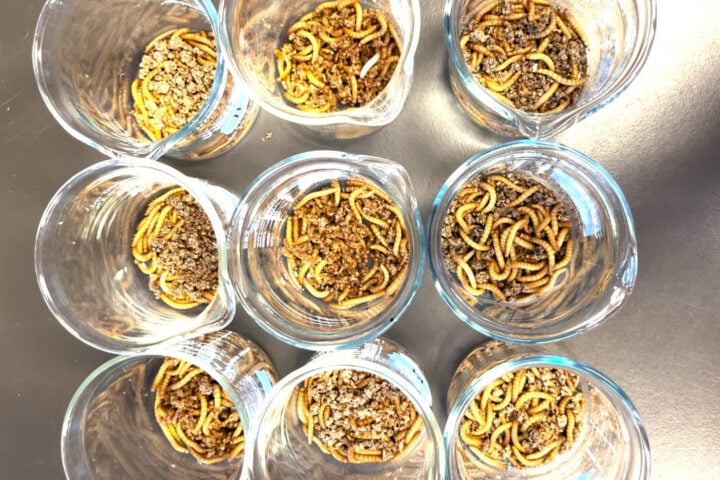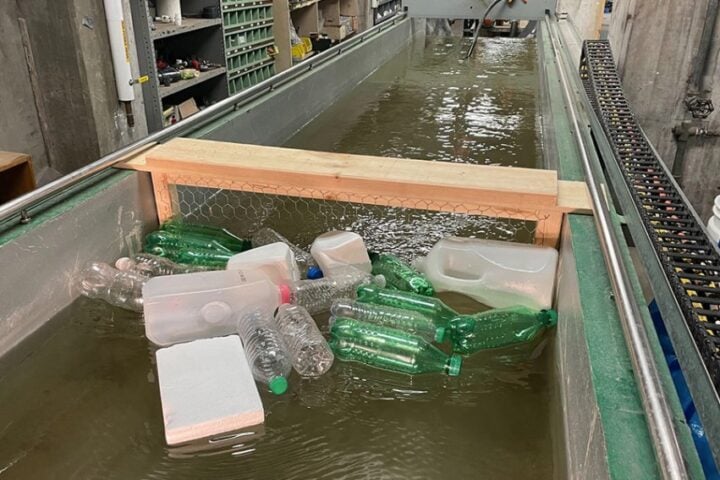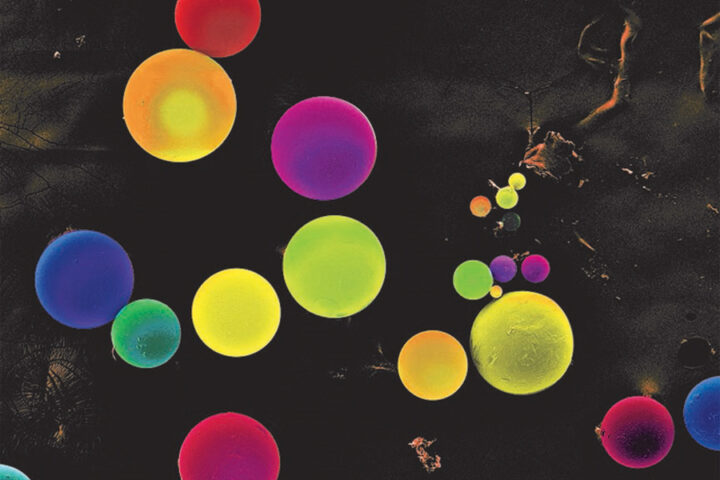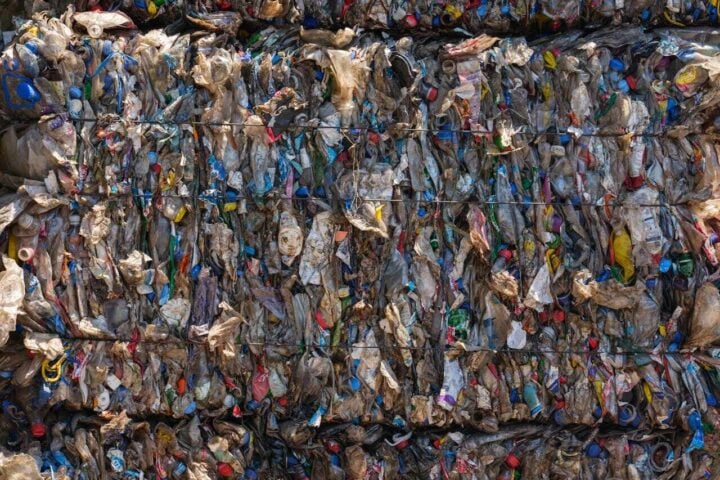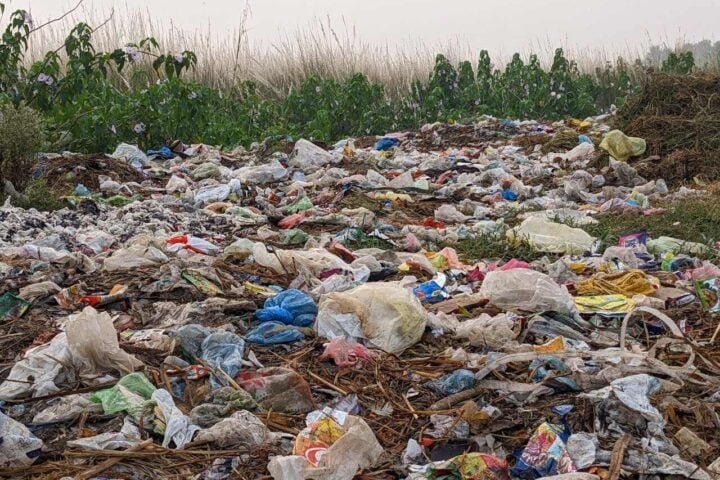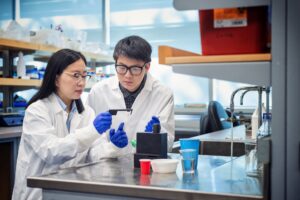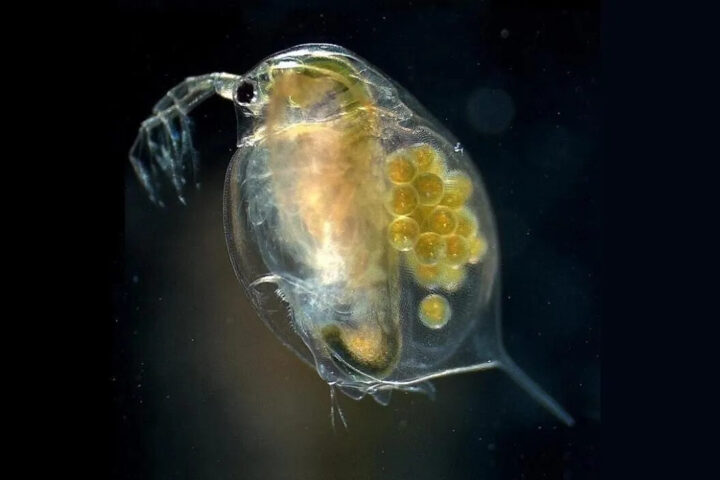Egg whites have always been known for their muscle-building and cholesterol-lowering properties, but recent research by Princeton Engineering takes this notion to a whole new level. Scientists have discovered a way to use egg whites to create an innovative material that can remove microplastics from oceans at an economical rate.
What are Microplastics?
Microplastics are small plastic particles that arise from the breakdown of larger plastics and commercial product production. These particles find their way into our food and water supply, causing health problems and contributing to the estimated 24 trillion pieces of microplastics in the ocean.
From Breakfast to Innovative Material:
The process of using egg whites to create this new material started with Princeton’s Vice Dean of Innovation, Craig Arnold, who was eating a sandwich and thought to himself, “This is exactly the kind of structure that we need.” Arnold asked his team to replicate the aerogel structure he had in mind by mixing carbon with a variety of bread recipes. The team continued to eliminate ingredients until the egg whites were the only ingredient left.
Egg whites are more complex than they appear, and when transformed into interconnected strands of carbon fibers and sheets of graphene, they can ultimately be transformed into graphite. To achieve this transformation, the researchers freeze-dried the proteins in the egg whites and heated them to 900 degrees Celsius in an oxygen-free environment.
Removing Microplastics from Oceans:
In a paper published in Materials Today, Arnold and his team showed that the resulting egg white material could remove both salt and microplastics from seawater with 98% and 99% efficiency, respectively. This egg white material is inexpensive to produce, energy efficient, and highly effective compared to activated carbon, which is one of the most affordable materials used for water purification.
Way Ahead:
The discovery of using egg whites to remove microplastics from oceans could be a game-changer in the fight against plastic pollution. Microplastics, which are small particles of plastic up to 5mm long, are everywhere, and people inadvertently consume up to five grams of micro and nano-plastics every week. This phenomenon could have dangerous health implications, including lingering in human blood, lodging in organs, and contaminating fetuses. The use of egg whites in ocean conservation is a significant step forward in finding a scalable solution to microplastic pollution.



